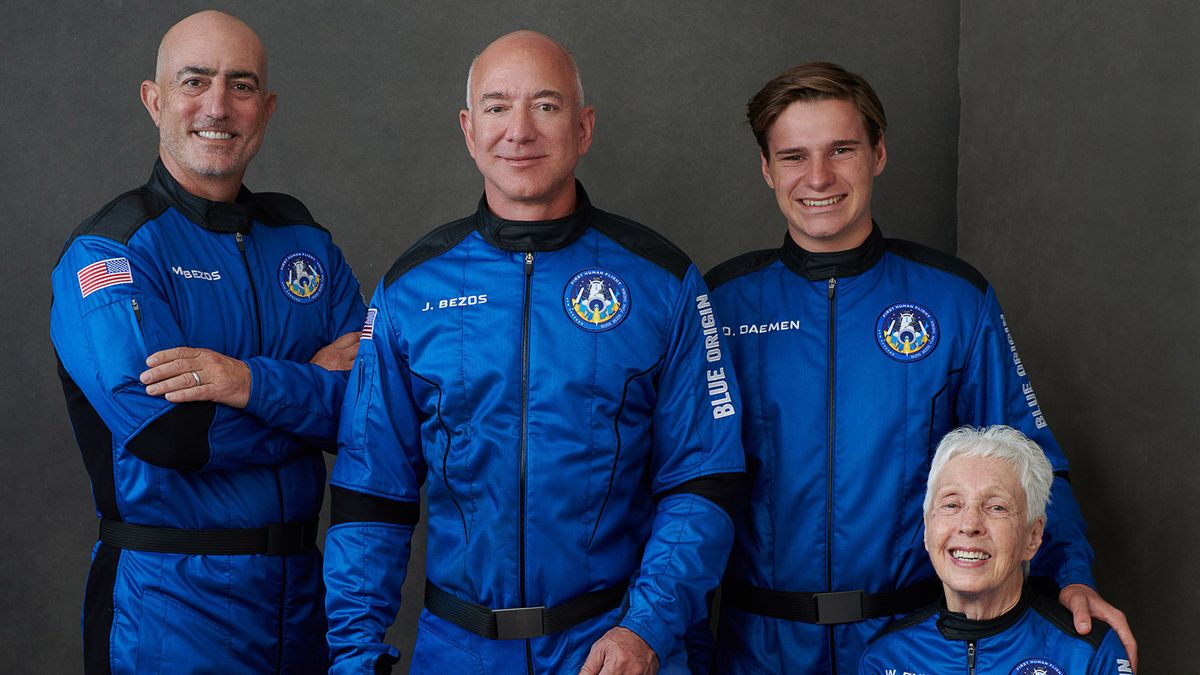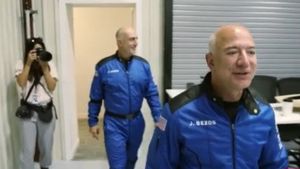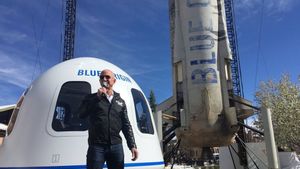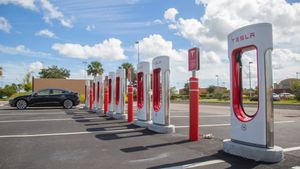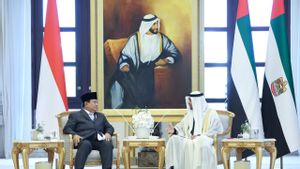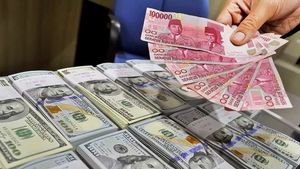JAKARTA - Seeing the success of Jeff Bezos who has returned after launching from space, a lawmaker from the Democratic Party in the United States (US) proposed to provide a new tax targeting space tourism.
Later, the tax will be regulated in the Carbon Emission Safeguard Tax Act (SPACE), on commercial space flights carrying human passengers for purposes other than scientific research.
"Space travel isn't a tax-free vacation for the rich. We pay taxes on plane tickets. Billionaires flying into space, who don't produce scientific value should do the same, and then some," Oregon Democratic Representative Earl Blumenauer said in an account. The official Twitter.
I just announced my Securing Protections Against Carbon Emissions (SPACE) Tax Act.
Space travel isn't a tax-free holiday for the wealthy.
We pay taxes on plane tickets. Billionaires flying into space—producing no scientific value—should do the same, and then some! #SPACETax🚀
— Earl Blumenauer (@repblumenauer) July 20, 2021
Quoted from Fox Business, Wednesday, July 21, the move was based on Blumenauer who is also a member of the House Ways and Means Committee concerned about the environmental impact of launching humans into space for tourism or entertainment purposes.
Blumenauer notes that space flights contribute 60 times more carbon emissions than transatlantic flights on a per passenger basis.
"The result is a space launch that is estimated to produce 60 times more emissions than a transatlantic flight per passenger, enough to drive a car around the Earth and more than twice the carbon budget recommended in the Paris Climate Agreement," Blumenauer explained.
また読む:
The measure will include a per-passenger tax on the price of commercial flights into space and a two-tier excise tax for each launch into space. The first tier will apply to flights between 50 miles and 80 miles above the Earth's surface. The much higher distances, in the second tier, would apply to flights more than 80 miles above the Earth's surface.
"I'm not against this type of space innovation. However, things that are done solely for tourism or entertainment, and have no scientific purpose, should, in turn, support the public interest," Blumenauer said.
Meanwhile many have criticized billionaires for concentrating on space exploration when people in the US do not have access to the necessary resources.
Not only Blumenauer, but some scientists are also concerned about the potential long-term harm as the industry is poised to grow big, especially the impact on the ozone layer in the upper atmosphere which is still poorly understood.
However, Blumenauer has not released details about the tax proposal. Meanwhile, according to a press release, the bill would have an exception for space flights conducted by NASA for scientific purposes.
"In the case of flights where some passengers work on NASA's behalf for scientific research purposes and others will not be taxed, (however) launch excise taxes will be levied on non-NASA researchers," the release said.
The English, Chinese, Japanese, Arabic, and French versions are automatically generated by the AI. So there may still be inaccuracies in translating, please always see Indonesian as our main language. (system supported by DigitalSiber.id)
